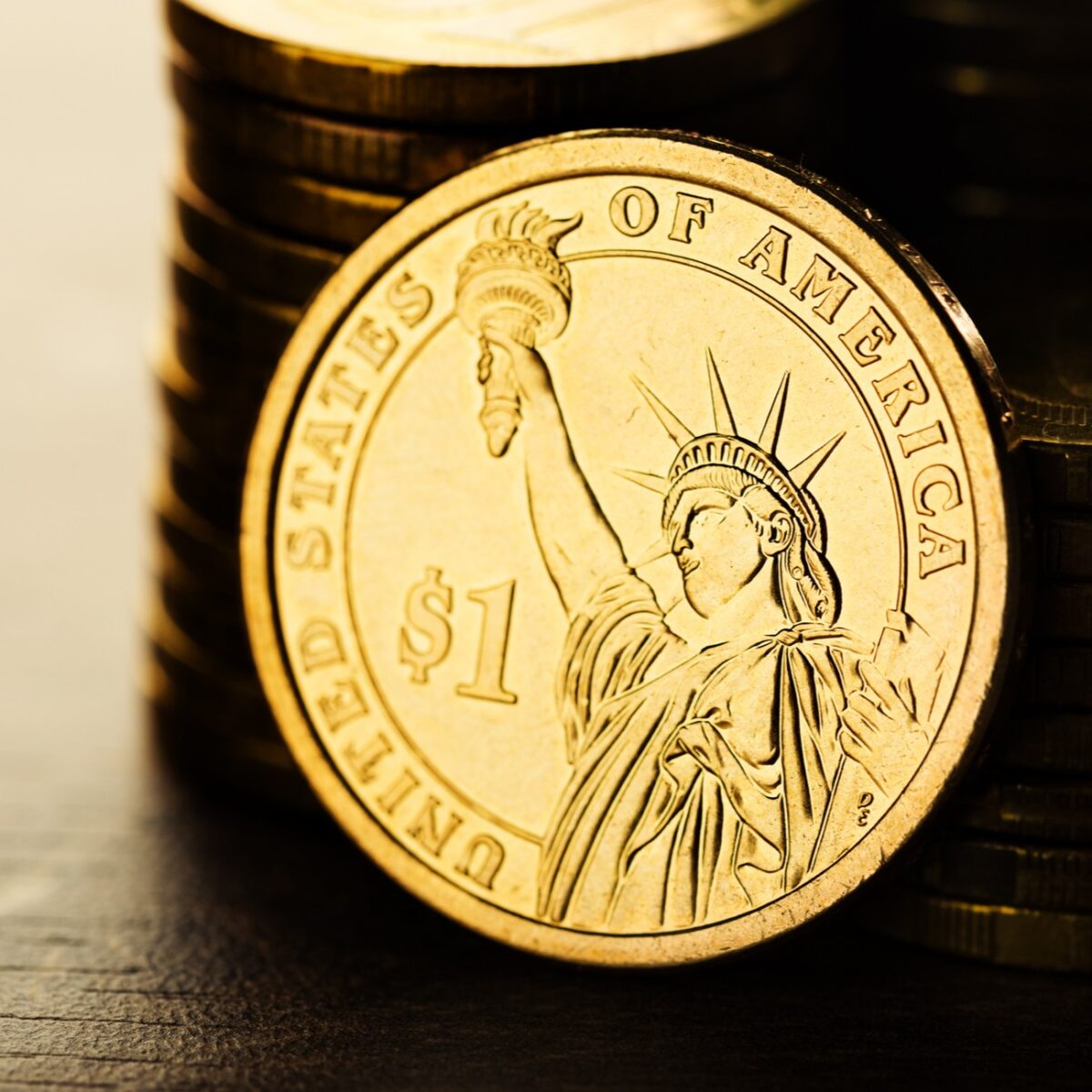PALO ALTO, Calif. (Reuters) - The Federal Reserve is looking at Have a peek at this website a broad series of issues around digital payments and currencies, including policy, style and legal factors to consider around potentially providing its own digital currency, Guv Lael Brainard stated on Wednesday. Brainard's remarks suggest Check out the post right here more openness to the possibility of a Fed-issued digital coin than in the past." By transforming payments, digitalization has the potential to deliver greater value and convenience at lower cost," Brainard stated at a conference on payments at the Stanford Graduate School of Organization.
Reserve banks internationally are discussing how to handle digital finance technology and the distributed ledger systems used by bitcoin, which guarantees near-instantaneous payment at possibly low expense. The Fed is developing its own round-the-clock real-time payments and settlement service and is currently reviewing 200 remark letters sent late in 2015 about the suggested service's style and scope, Brainard said.

Less than two years ago Brainard told a conference in San Francisco that there is "no engaging showed requirement" for such a coin. But that was prior to the scope of Facebook's digital currency aspirations were commonly understood. Fed authorities, including Brainard, have raised concerns about customer securities and data and privacy hazards that might be positioned by a currency that could enter use by the third of the world's population that have Facebook accounts.
" We are collaborating with other main banks as we advance our understanding of main bank digital currencies," she said. With more countries looking into issuing their own digital currencies, Brainard stated, that adds to "a set of factors to likewise be making sure that we are that frontier of both research study and policy advancement." In the United States, Brainard stated, issues that need research study include whether a digital currency would make the payments system much safer or simpler, and whether it could position financial stability threats, including the possibility of bank runs if money can be turned "with a single swipe" into the main bank's digital currency.
To counter the monetary damage from America's unmatched nationwide lockdown, the Federal Reserve has taken unprecedented steps, including flooding the economy with dollars and investing straight in the economy. The majority of these relocations got grudging approval even from many Fed skeptics, as they saw this stimulus as required and something just the Fed could do.
My brand-new CEI report, "Government-Run Payment Systems Are Hazardous at Any Speed: The Case Against Fedcoin and FedNow," details the dangers of the Fed's existing strategies for its FedNow real-time payment system, and proposals for main bank-issued cryptocurrency that have actually been dubbed Fedcoin or the "digital dollar." In my report, I discuss concerns about personal privacy, data security, currency manipulation, and crowding out private-sector competition and innovation.
Supporters of FedNow and Fedcoin say the federal government should develop a system for payments to deposit instantly, instead of encourage such systems in the economic sector by raising regulatory barriers. However as noted in the paper, the personal sector is offering an apparently limitless supply of payment technologies and digital currencies to resolve the problemto the level it is a problemof the time gap in between when a payment is sent and when it is gotten in a checking account.
And the examples of private-sector development in this location are lots of. The Cleaning House, a bank-held cooperative that has been routing interbank payments in numerous kinds for more than 150 years, has actually been clearing real-time payments since 2017. By the end of 2018 it was covering half of the deposit base in the U.S.